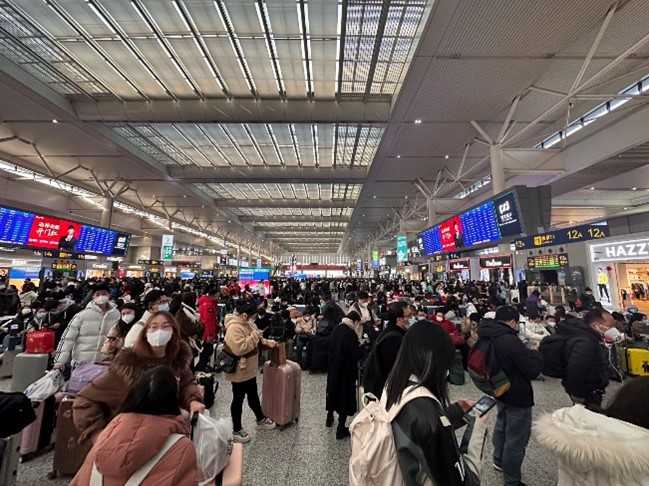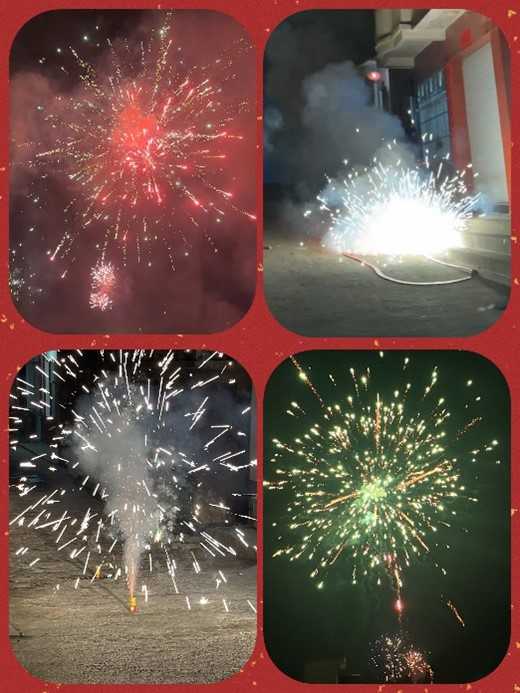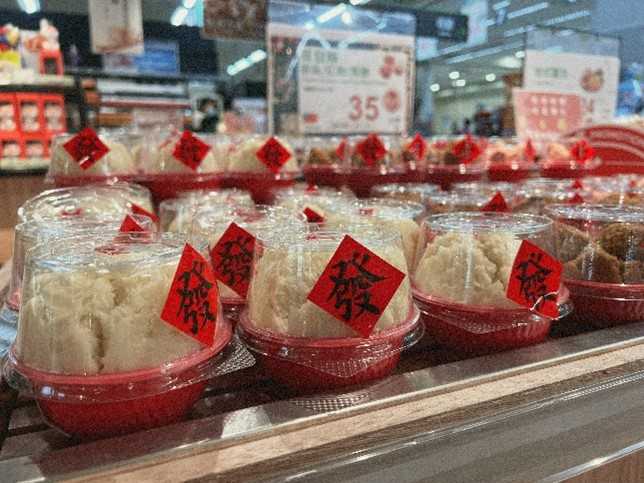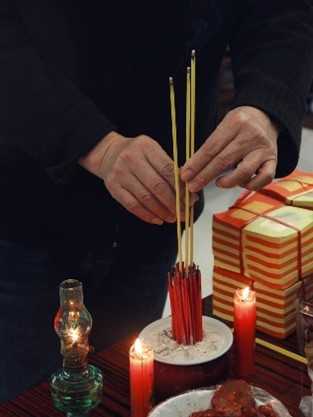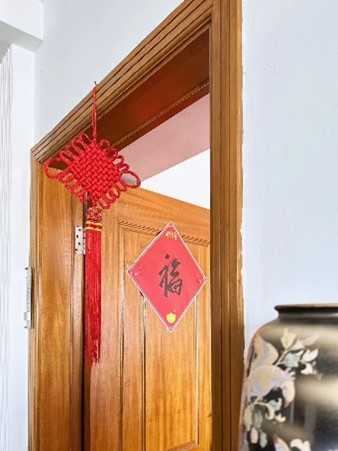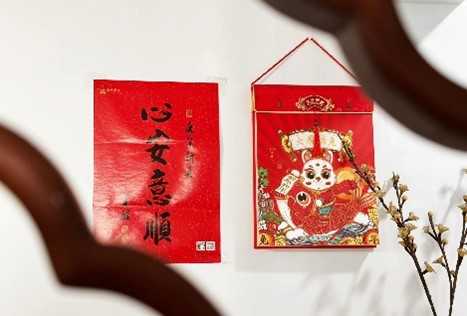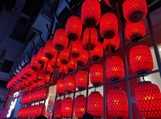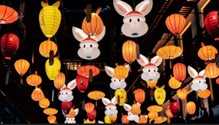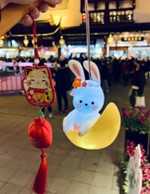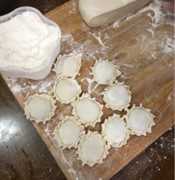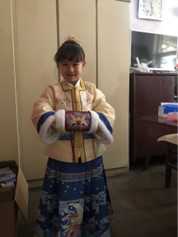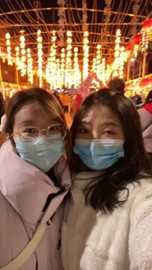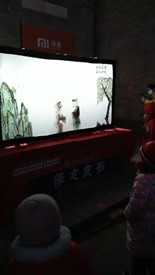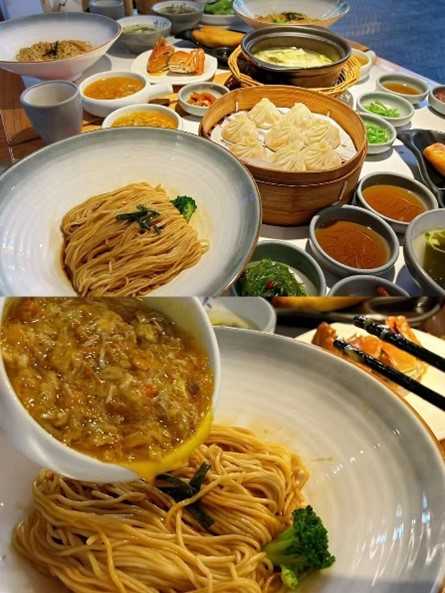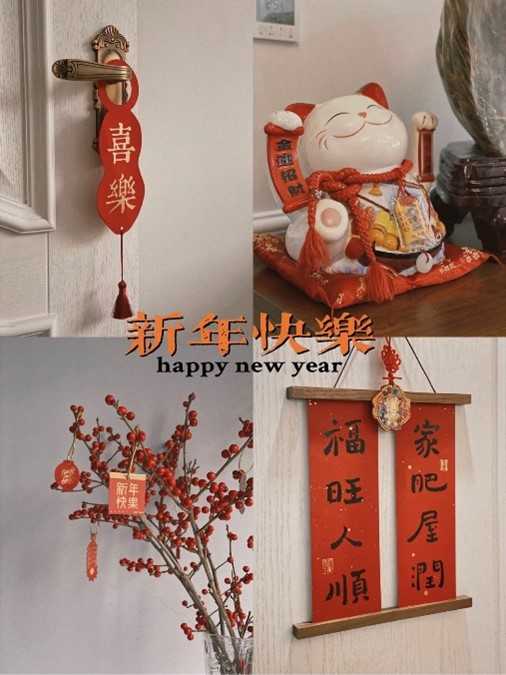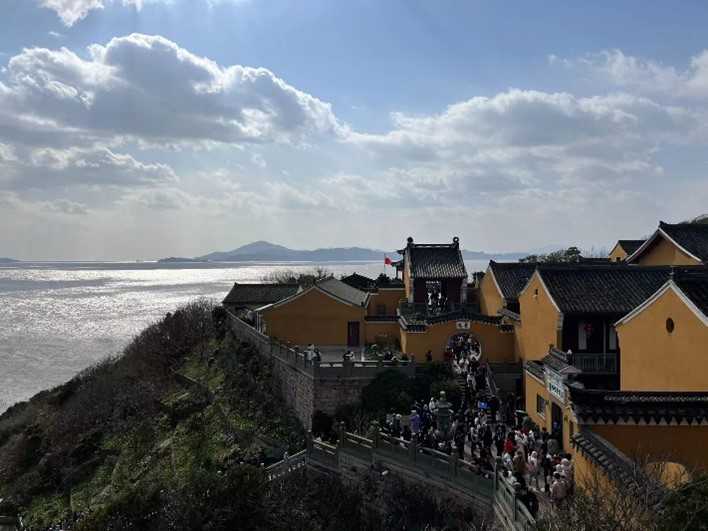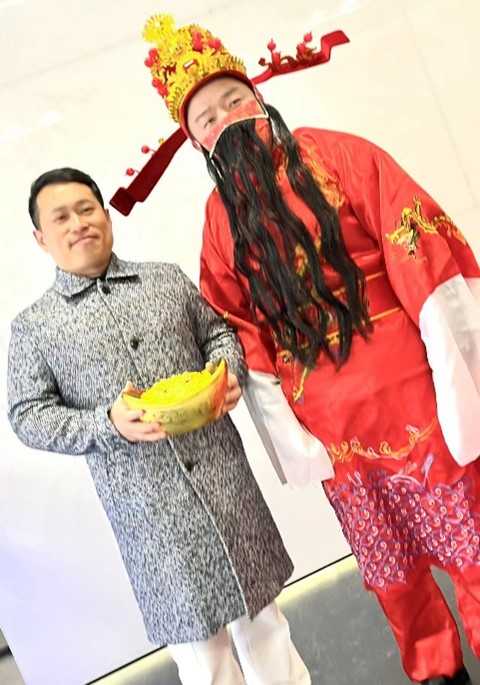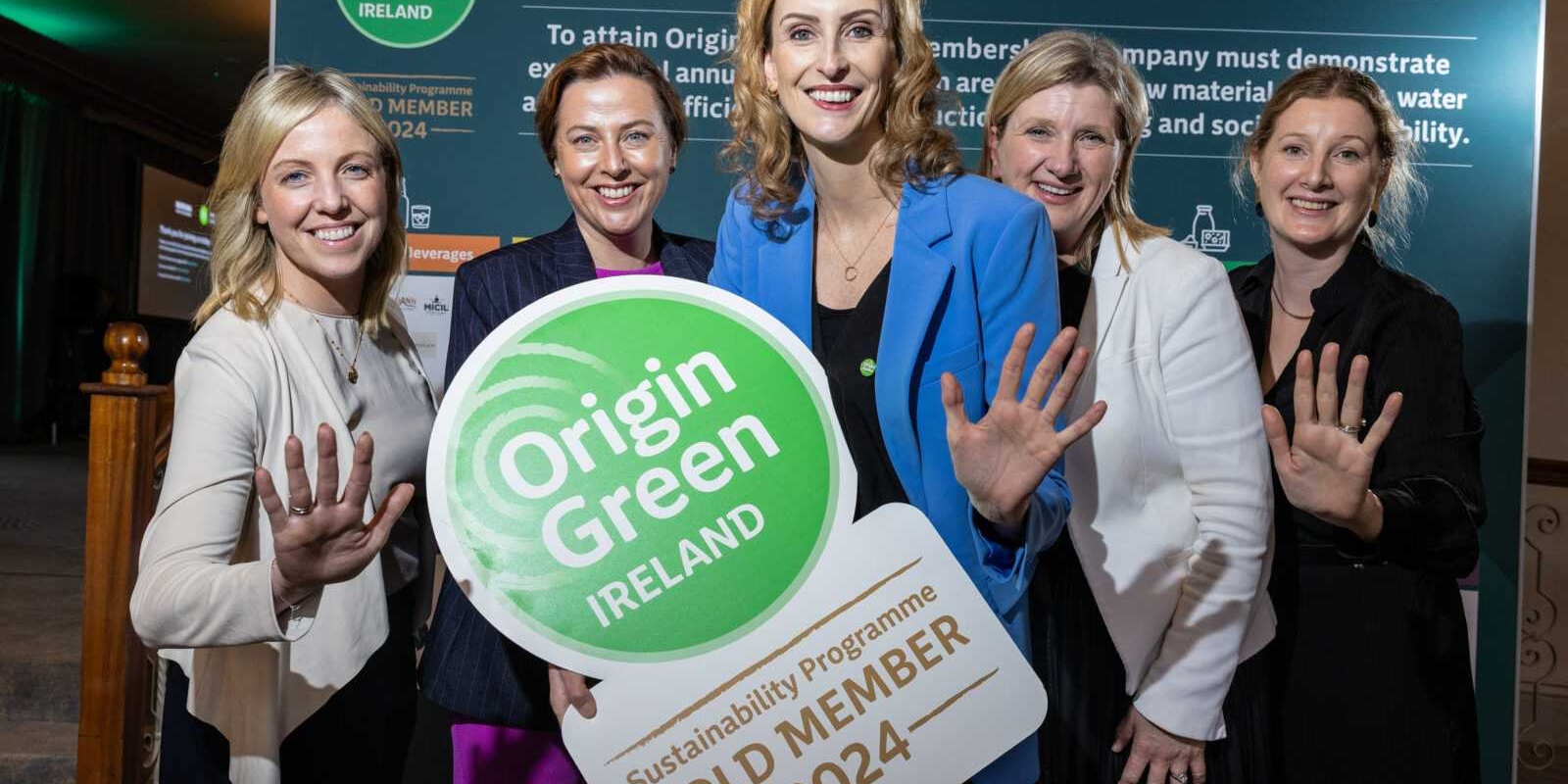Year of the Rabbit
Overherd catches up with colleagues in China to see how they’re celebrating the new year
Chinese New Year celebrations took place at the end of January as millions of people around the world enjoyed travelling to see loved ones for the first time in years as lockdown restrictions eased in China.
2023 is the Year of the Rabbit and people born in this year are said to be kind and quietly confident. They steadily move towards their goals, no matter what negativity others give them. With good reasoning skills and attention to detail, they make great scholars. They are social beings with an attractive aura. However, they find it hard to open up to others and often turn to escapism.
With the Year of the Rabbit underway, Overherd caught up with Tirlán colleagues in China to find out how they enjoyed the New Year celebrations.
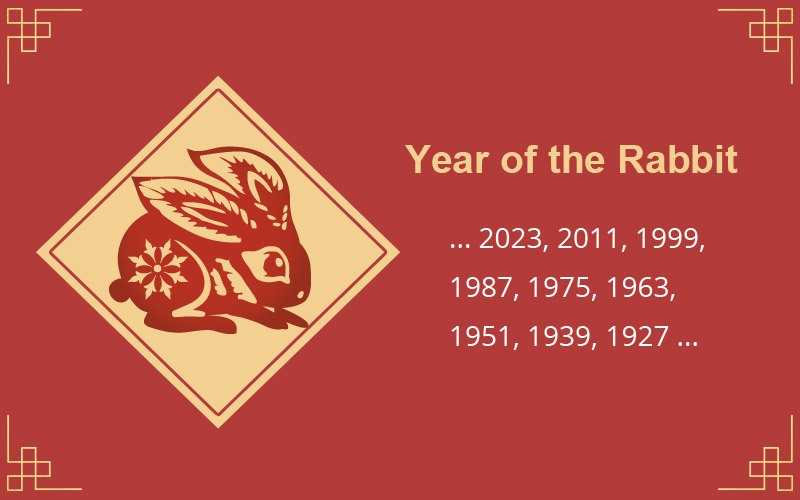
Barry Deng, Key Account Manager
During the CNY, thousands of people return to their hometowns for family reunions. And I’m one of the returnees.
After getting home, I cleaned the house with my family, pasted Spring couplets, have reunion dinner and sent New Year wishes to each other.
My favourite Chinese New Year tradition is to set off fireworks. It is believed that fireworks can take away the bad luck and make the New Year more lucky. Fireworks also make the atmosphere of Spring Festival even stronger.
Anne Chen, Assistant Marketing Manager
Pictured are ‘Fa Gao’ traditional Hakka dessert made during the Spring Festival. The top shape looks like petal which means the New Year with happiness, wealth and good luck just like blooming flowers, it brings the blessing to people and ancestors.
During the Spring Festival, family members prepared incense, red candles, foods and goldleaf paper to worship our ancestors and we pray for the coming year safety and happiness. Burning is regarded as a way of transmitting information to the invisible, so at the end of the worship we will burn the goldleaf paper to ancestors and gods.
Tracy Wang, Assistant Logistics and Planning Manager
The first day of the first lunar month is Spring Festival, the beginning of a New Year for China. The Spring Festival celebration is a continuous process starting from the 23rd or 24th of the 12th lunar month.
According to the Chinese traditions, people often worship the kitchen God, do Spring Festival shopping and house cleaning until New Year’s Eve on the lunar calendar.
We’ll paste the Chinese character ”Fu” and post Spring Festival couplets on door frames. The joyous atmosphere of CNY will linger until the first full moon of the first lunar month.
Claire Hou, Brand Manager
The annual lantern fair normally will open on the first day of the lunar New Year and last to January 15, according to the lunar calendar. At Shanghai’s Yu Garden, this year the lanterns are inspired from a Chinese ancient mythic text – The Classic of Mountains and Seas. There’s a very impressive Rabbit Lantern and kids are happy to get a small rabbit lantern.
Haley Zhang, Marketing Assistant
In my family, we cooked a lot of dishes this New Year. My dad also specially made sun shaped dumplings for me. My niece wore Hanfu to celebrate the Spring Festival on Spring Festival’s Eve, we all think she’s very cute and pretty. With the end of Covid-19 restrictions the streets are bustling again and many markets are open. There are also some traditional events in the market, such as Chinese shadow puppetry and sugar paintings. This year my friends and I also had the opportunity to set off fireworks together.
Sandy Ge, Tea Beverage Channel Manager
Before the New Year’s Eve, the family gathers in the elder’s home, and then pastes the word “fu” around the house. We then have fun setting off firecrackers and eating the reunion dinner. On New Year’s Eve the family watches the New Year’s Party together, perhaps playing with friends online or offline. When I was young my favorite thing was to receive red envelopes from elders. The Spring Festival means reunion when you grow up.
Steven Zhang, Head of Food Service Channel
During the Spring Festival holiday, I chose self-driving travel to adjacent province-Zhejiang. I planned to visit three places, however due to the traffic jam on the road I had to cut the intended route and reached only one resort finally. Someone pointed out this is a “Retaliatory Consumption” after three years Covid-19 activity restriction.
I’m happy to share with Tirlán colleagues some impressive scenes I witnessed blow.
Magnificent Hangzhou bay cross-sea bridge. It’s total 36km to connect two cities, where I think it’s one of the most unforgettable driving experiences.
Putuo Mountain is a well-known Buddhism paradise for Chinese people. According to the statistics 0.26million tourists visit Putuo Mountain within two days during Chinese New Year holiday. People pray gods to protect them a health and prosperous year of Rabbit.
A photo with the god of money (real man cosplay). It’s an emblem to get wealth





